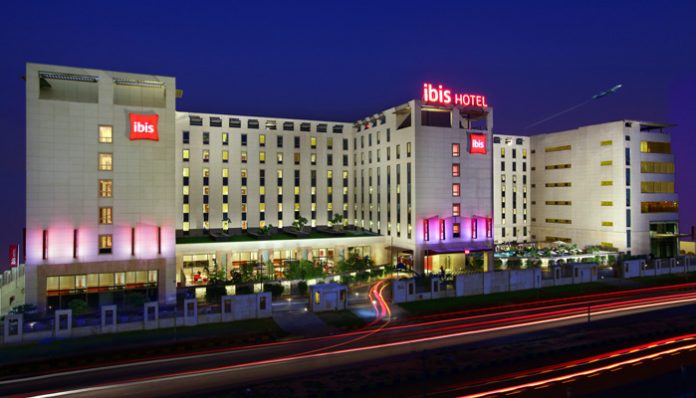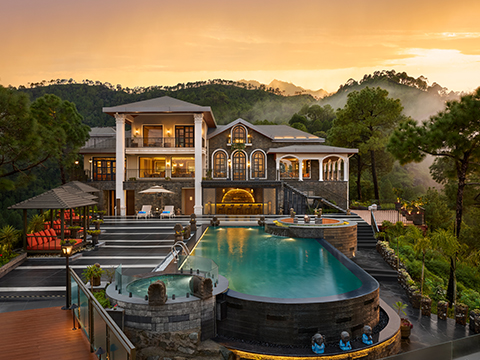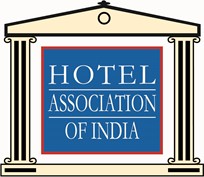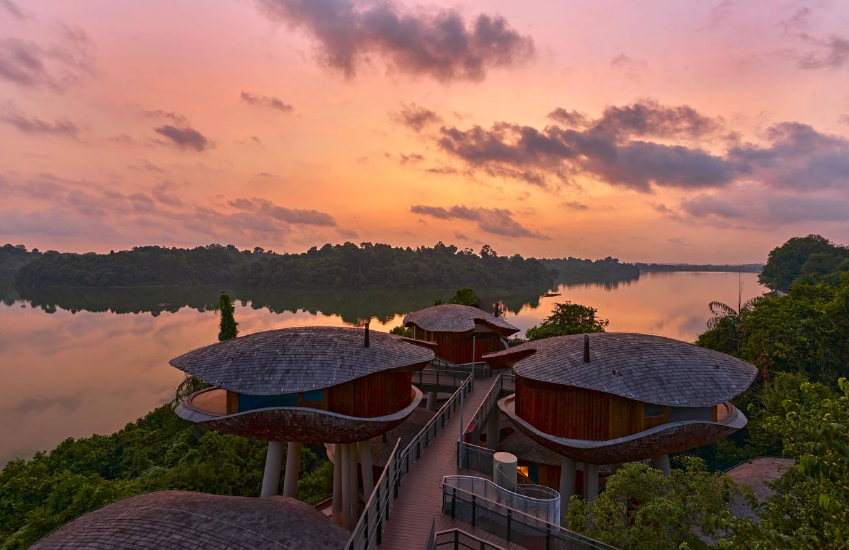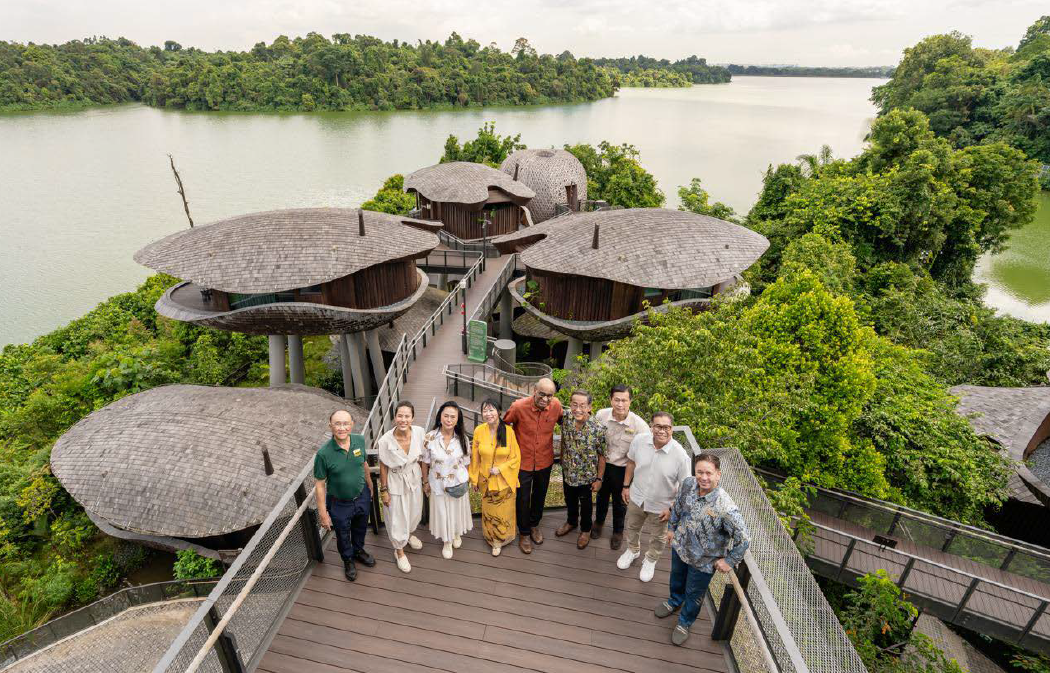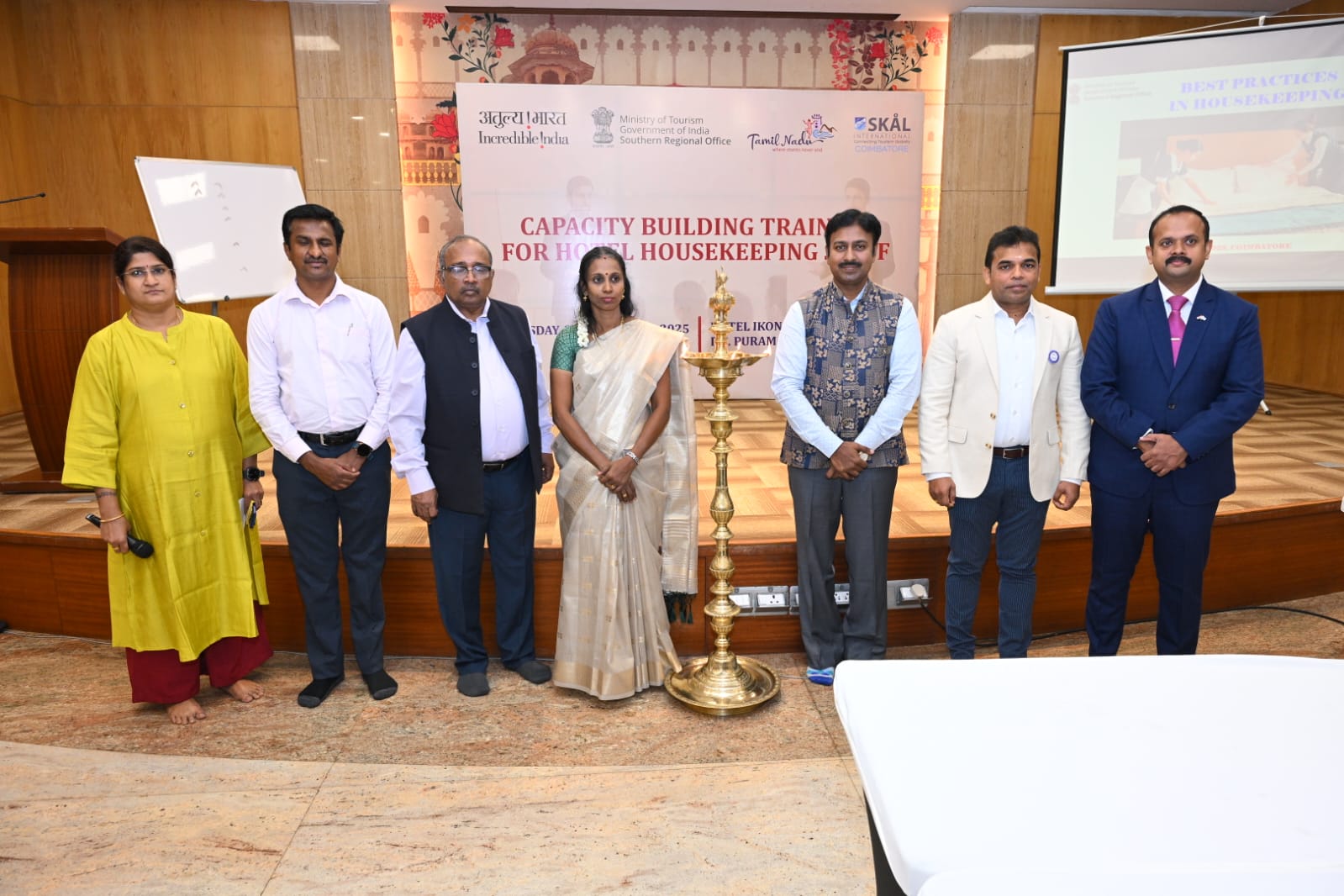The Supreme Court order that bans establishments located within 500 metres of state and national highways from selling alcohol has adversely affected the hospitality sector and other allied sectors. Hospitality Talk gets the industry’s reaction to this change in policy to help gauge the magnitude of loss that the industry may be staring at.
HT BUREAU
As per the earlier order of December 15, 2016, the ban on sale of liquor was only applicable to liquor vends along national and state highways. There was no mention of restaurants, bars, cafés or pubs in the said notification. However, in due course, some excise officials stopped issuing licences to hotels and restaurants. This led the hospitality industry to seek clarification on the move. In the order passed on March 31, 2017, the Honourable Supreme Court made it clear that the judgment banning liquor vends along highways would also be applicable to bars, pubs and restaurants, sending shockwaves through the industry.
Business owners (including ITC, TAJ, the Oberois); the hotel and restaurant fraternity; hotel bodies and organisations; as well as members of HAI, WTTC, FHRAI, NRAI, HRAH; and travel agents like IATO conducted a press conference at The Oberoi, Gurgaon, in a bid to show their solidarity and arrive at a unified strategy in approaching the Supreme Court directive that no liquor shop could be visible and directly accessible from the highways nor could it be situated within 500 metres of the outer edge of the national or state highway or of the service lane.
Kapil Chopra
President
Oberoi Hotels & Resorts
We respect the judgement of the Supreme Court but the biggest challenge that we foresee is the loss of employment in both the hotel and restaurant sector. To give you an example, the entire state of Goa is around the national highway. The other concern is the impact on tourism that the country will witness. This is a very challenging time for us as an industry. We are going to analyse the judgement in detail, determine how we can still serve guests, and decide on how we must manage the impact on our employees. Around thousands of bars have already been closed down. As an industry, we need to come together with stricter implementation of the law on drunken driving. We understand what the motive behind the Honourable Supreme Court’s judgement is. There is no point filing a petition till we don’t have clarity on the subject.
Ankur Bhatia
Executive Director
Bird Group
The way Delhi has been built or continues to be built, all weddings, be it large scale or small, take place besides highways. With this new law, one cannot really conduct a wedding with alcohol. Our tourism industry and the image of the country have also severely been impacted.
Kurt Straub
Vice President – Operations
Hyatt India Consultancy
It came as a big surprise to us and it’s quite amazing what is going on in the country. It does affect tourism for sure. Although not all of our hotels are affected, some locations have definitely been impacted and it will be important to see how this new policy plays out. At the end of the day, it’s a strange signal being sent out by the government and we would like this to be removed in some way.
Raj Rana
Chief Executive Officer – South Asia
Carlson Rezidor Hotel Group
This has wide ramifications, not just on the sales of beverages in a hotel. When we compare this to the international market, it is a complex issue. While I condemn drunk driving, there are better ways to address this issue. An arbitrary ban on legitimate businesses has already affected sales and the return expected from investments that owners make in these properties. It will also have an impact on people working in these establishments. It is a difficult situation and we hope the voice of the hotel industry will be heard and a middle path will emerge.
JB Singh
CEO and President
InterGlobe Hotels
We are analysing the situation and trying to work out the best possible solution for our business as well as our customers. Many hotels close to the national highways have been affected by this decision. Driving under the influence of alcohol is a serious issue and we, as an organisation, believe in stringent laws to govern the same. While we respect the public safety-led decision of the Honourable Supreme Court, the ban threatens to hit not only overall revenues of the industry but result in numerous job losses too. We hope for a reasonable solution that takes our industry’s interests into consideration.
Vineet Verma
Executive Director and CEO
Brigade Hospitality
The ban on sale of liquor through outlets located on highways or within 500 metres thereof, while being noble in intent, is bound to have a huge negative impact on India’s MICE and tourism sectors. I am not sure if the ban itself will yield desired results in stopping drunken driving on highways. A more stringent regulation on drunken driving, making it an offense far more serious than what it presently is, could actually be a bigger deterrent.
A substantial number of our hotels with large MICE facilities and convention centres are located around state and national highways. These are going to be impacted severely in terms of loss of business through cancellation of bookings and drying up of future enquiries. While serving of liquor during such events is not a requirement in all cases, the absence of such an option can be a deal breaker, especially when it comes to residential conferences or international seminars. We have already been losing a large part of international MICE events to our neighbouring countries that offer better infrastructure and facilities; with this ban, we may further end up losing the opportunity to host world class events in our country.
Vishal Kamat
Director
Kamat Group of Hotels
This closure will have direct impact across the industry, not to forget the socio-economic impact that it will bring in its wake. It will also lead to mass unemployment in the hospitality and tourism sector and increase criminal activities and bootlegging. There is no merit or research based on the extension of the ban to 500 metres from highways. Tomorrow this number could be 750 metres, which is again not logical. We have already seen corporate events move out of our hotel, bookings getting cancelled, and functions getting postponed. It is the hospitality sector that binds together a number of other employment generating sectors, from vendors and suppliers through backward and forward linkages. The ban will have a cascading effect on other sectors and the impact will be felt in the already depressed real estate market. Besides, this will lead to proliferation of illicit liquor vends and a surge in bootlegging along the highways, something that is already rampant and not covered under law as it is unregulated.
We all agree that drunken driving on highways is a menace and steps have to be taken to prevent accidents. However, rather than issuing blanket bans, the policing on highways must improve to tackle drunken driving. It has been noticed that strict enforcement of law has helped curb drunken driving cases that come down drastically in the cities of Mumbai and Pune. Similar laws need to be enacted on highways to curb untoward incidents.
Rishi Puri
Vice President
Lords Hotels & Resorts
We are in agreement that drunk driving is a crime and all actions possible must be taken to end it. However, banning restaurants and hotels that serve alcohol along highways is not a fool-proof solution. Those who are intent on drinking will cross the 500 metre mark, consume their daily quota, and then drive ahead. We are also of the opinion that star rated hotels should have been kept out of the ban’s ambit. Most patrons of such establishments are either in-house guests, wealthy enough to employ services of a chauffeur or responsible enough to engage cabs. The biggest downside of this ban is the impact it would have on hotel employees that are directly affected. The hotel industry employs a massive number of semi-skilled and unskilled workers, and it’s very unlikely that these people will find jobs easily or immediately. This ban not only impacts the bread winners, but also their families. We hope that the Hon’ble Supreme Court will reconsider its decision and instead address the menace of drunken driving through more pragmatic means.
Zorawar Kalra
Founder and Managing Director
Massive Restaurants
We respect the Honourable Supreme Court’s decision that has always worked towards the welfare of the country at large. Restaurants and hotels are different from liquor vends that allow people to take bottles out of the premises. Restaurants do not allow people to take bottles outside the premises. Imposing a ban on hotels, which are 500 metres from highways, from serving liquor is hardly prudent, as customers can always go beyond the 500 metre distance and still buy alcohol. In such a scenario, law enforcement is key and this is true across the world. The immediate impact of this ban will be on employment and government revenue, with millions of employees losing their jobs and loss of at least one lakh crore rupees in revenue.
Accidents due to drunk or inebriated drivers account for a mere 3.3 per cent of accidents on highways, while the leading cause of road accidents on highways in the country is drivers exceeding lawful speed-limits, resulting on 47.9 per cent of the mishaps on highways. Enforcing existing road-safety laws with stricter measures will help mitigate instances of drunken driving in the country. If there is a fear of the repercussions of flouting strict laws, it will serve as a bigger and more effective deterrent than a ban. The entire hotel industry condemns drunk driving, however, we want a more reasonable approach to the situation.
Vijay Wanchoo
Senior Executive VP and GM
The Imperial, New Delhi
Although it’s a great national initiative towards preventing loss of life on highways, the impact will be huge on the hospitality industry, hitting both restaurants and hotels significantly, across states. Liquor inaccessibility will lead to huge revenue loss for many restaurants and hotels and may in turn lead to retrenchment, affecting employment in a big way. Liquor is a major chunk of revenue not only for resto-bars but also for hotels. A ban on this strategic cash cow will in turn lead to unemployment and cost cutting at all levels. The government itself will also be at a huge loss on account of taxes or excise duty, which were applicable on liquor. On the contrary, for city hotels like ours, it will result in added business from non-catchment areas due to such exclusivity. We have two renowned bars at The Imperial, known for their bespoke regality, frequented by city-elites and international travellers. I am sure, with this ban, we will see a substantial rise in footfall, specifically in the domestic segment from both Delhi and NCR. It’s a wait and watch situation at the moment for the industry. I hope it takes a positive turn to be a win-win situation for Indian tourism in the near future.
Rahul Saxena
General Manager
Seyfert Sarovar Portico, Dehradun
The recent ban by the Supreme Court of India has brought the hospitality industry to a standstill. The new financial year, with fresh and challenging targets to be achieved, has begun on a demotivating note. The hospitality industry is already going through a tough phase with growing competition and reduced profitability. On the one side, the government is set to increase tourism to the country, while on the other, it seems we are going back to old times. One major impact of this decision would be on the revenue of the country, estimated to suffer a loss of `65,000 crore, and 60-65 per cent of the hospitality industry being negatively impacted. It is not a small-scale decision. The ban will have long-term repercussions on the government’s excise revenue, as well as our sales and the livelihoods of thousands of people employed in the food and beverage industry. It would also increase unemployment in the country.
Soma Mathew
Director of Sales and Marketing
Holiday Inn Cochin
It is one of the most irrational decisions that could have been taken, all the while ignoring the interests of the country. It is very autocratic with baseless reasons. The entire tourism industry has already faced huge losses and will not be any good in the future if the decision is not looked into seriously. Other countries are already catching up as popular MICE and leisure destinations and these kinds of restrictions will further spoil our prospects.
Srinivas Srirangam
General Manager
Novotel Imagica Khopoli
We have significantly been impacted. Bars have been closed and several hotels have been impacted, in turn affecting employment. We understand why such a decision has been taken but what is important is how to actually curb drunk driving and ensure lives are not lost. Ever since the ban has been imposed, it has severely affected hotels and jobs of people involved. We need to come up with a solution where the ban on liquor is done in the right way, where employment and businesses don’t suffer, and where innocent lives can be saved.
Rajan Malhotra
Director of Sales and Marketing
Shangri-La Hotel, Bengaluru
Shangri-La Hotel and Resorts is always in sync with the local governing bodies of the countries where they operate. Fortunately, our hotel in Bengaluru is strategically located in the central business district, away from any highway. MICE is an integral part of generating revenue for any hotel and it’s not always necessary to serve alcohol to generate revenues. Other factors like proximity, hotel accommodation, star classification, food quality, and related infrastructure are key determinants while selecting the right venue. However, certain MICE sub-segments, including weddings, will continue to splurge on beverages and will look for venues that do not fall under the current Supreme Court norms. At the end of the day, this is a consumer’s market and various options will be available only for streamlining market shares. MICE will continue to show a steady increase, citing better infrastructure and higher income generation among Indians.


